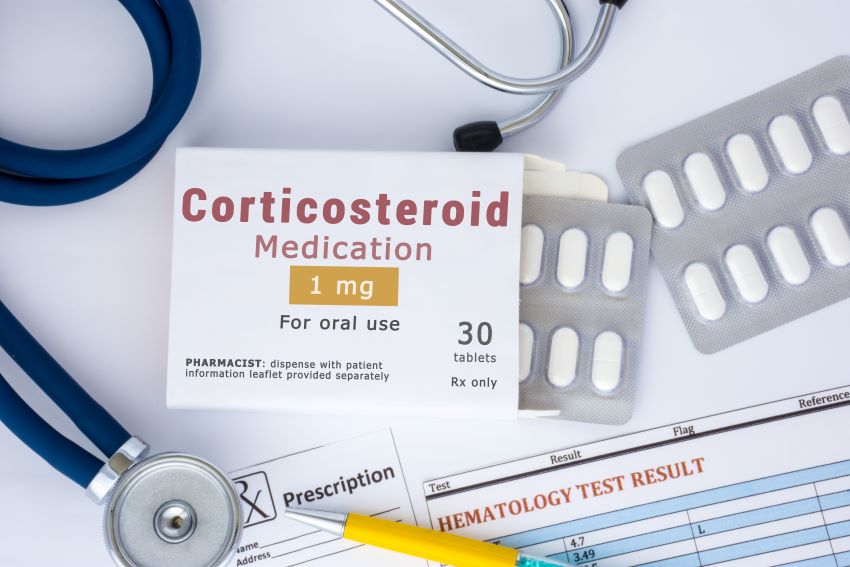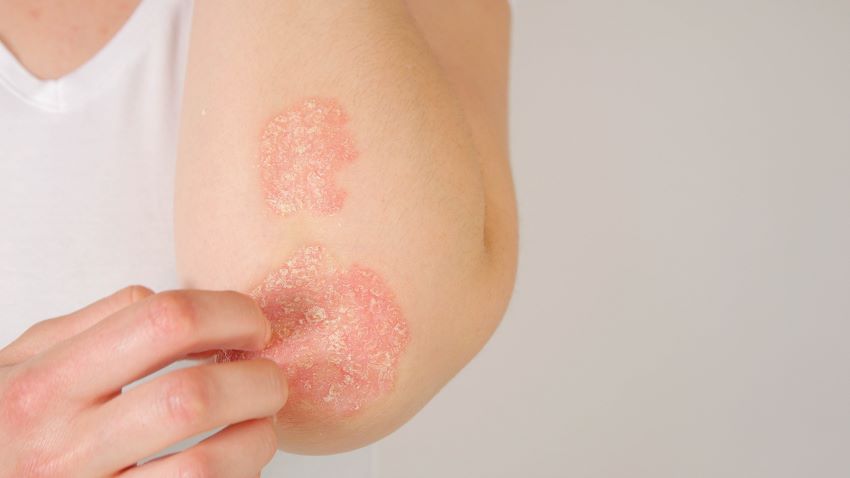What is Eczema? Eczema, also known as atopic dermatitis, is an inflammatory skin condition that can result in red, dry,…

 Eczema
Eczema
Hydrocortisone for Eczema
Eczema is a very frustrating and difficult skin condition to manage. It is normal to struggle with it and to struggle to find the treatment plan that works best for you to manage symptoms and flare-ups. Typically, hydrocortisone is a dermatologist’s first suggestion when looking to treat eczema.
What is Hydrocortisone and How Does it Work?
It’s likely that you’re wondering, “How does hydrocortisone work?” or “What is the link between hydrocortisone and eczema?”. Hydrocortisone is a type of corticosteroid that works to reduce inflammation in the body. This steroid medication reduces swelling, redness, and itching for many different skin conditions. In its topical form, hydrocortisone can be sold as an ointment, cream, or lotion. Its strength can range from anywhere between 0.1-2.5%. Hydrocortisone is sold over the counter at pharmacies with up to 1% strength. Anything higher than that has to be purchased with a prescription.
Hydrocortisone can also come in the form of an oral tablet or as a hydrocortisone injection. Hydrocortisone injections are used to treat severe allergic reactions, multiple sclerosis, lupus, gastrointestinal diseases, and arthritis. In its oral form, hydrocortisone can be used to treat all the following:
- Rheumatoid arthritis
- Ankylosing spondylitis
- Eye swelling and allergic reactions
- Ulcerative Colitis
- Thyroid inflammation
- Loeffler’s syndrome
- Meningitis
- Adrenocortical deficiency
- Eczema or skin inflammation
- Severe Psoriasis
- Asthma
- Red blood cell anemia
- Autoimmune hemolytic anemia
- Fluid retention
- Leukemia symptoms
- Lymphoma symptoms
Hydrocortisone for Eczema Treatment:
Hydrocortisone treatment can be prescribed and purchased at an eczema pharmacy to treat mild to severe eczema. It works to reduce itching and inflammation on eczema flare-ups. The strength that you are prescribed will depend on the size and severity of the eczema flare-up. Typically results from applying the hydrocortisone topical cream will take anywhere from 3-7 days to show up. If you do not see results or your eczema symptoms are worsening, you should contact your dermatologist for a different treatment plan. If you are struggling to identify whether you are experiencing eczema vs dry skin, we cover the differences in detail.
How to use Topical Hydrocortisone
- Before use, make sure to read all the instructions on the bottle or packaging of the hydrocortisone. It will provide you a full list of when to expect to see results, possible side effects, and other useful information about the steroid cream.
- It would also be beneficial to talk to your pharmacist about combining hydrocortisone with any other drug that you are taking to avoid any complications.
- To apply, use a small amount of the cream/lotion on the inflamed and affected skin. Rub it in until the cream has disappeared into the skin. Do not use it on open sores or broken skin.
- Use the hydrocortisone once or twice or day, or however instructed by your doctor if prescribed.
- If you are using any other topical medicines, creams, or ointments, you should wait 10 minutes between applying the hydrocortisone and another product to ensure it can properly start working in the skin.
- After applying, wash your hands so that you do not accidentally get the topical steroid on any other parts of your body.
Hydrocortisone Side Effects:
When used in topical form, hydrocortisone can sting, burn, itch, and cause redness on the application site. Sometimes acne, hair growth, and skin-thinning can also occur. Oral hydrocortisone tablets can cause headaches, muscle weakness, and skin problems like acne. Injections can cause:
- Headaches or dizziness
- Slowed healing of cuts and bruises
- Acne headache
- Red or purple blotches under the skin
- Mood changes
- Joint pain
- Muscle weakness
- Irregular menstrual periods
- Depression
- Increased appetite.
If you find that any of these side effects are lasting for longer than a week, contact your doctor immediately. You likely are having a reaction to the hydrocortisone.
Again, eczema can be a difficult condition to manage, especially stress related eczema. But the use of hydrocortisone and other corticosteroids work to really improve the condition and its symptoms. Reach out to your doctor today if you think you may be struggling with eczema to get started on a treatment plan.
If your child is experiencing eczema symptoms, we share the appropriate eczema treatment for kids. In our helpful guide, we cover everything parents need to know when it comes to their child’s eczema.
Sources
This blog is based on research and/or other scientific articles and is written by our experienced Chief Strategy Officer and Pharmacist, Ronak Desai. This blog is fact checked by our educated Pharmacist in Charge, Darshan Patel, who additionally runs our Apotheco Manhattan location.
Here at Apotheco Pharmacy Group, our goal is to provide the most up to date and accurate information on health and dermatology related topics. We do this to ensure our readers can make informed decisions based on factual content. All blogs undergo an extensive review process before posted.
This blog contains trusted sources. All sources are listed at the bottom of this article with hyperlinks that take you directly to the source.




